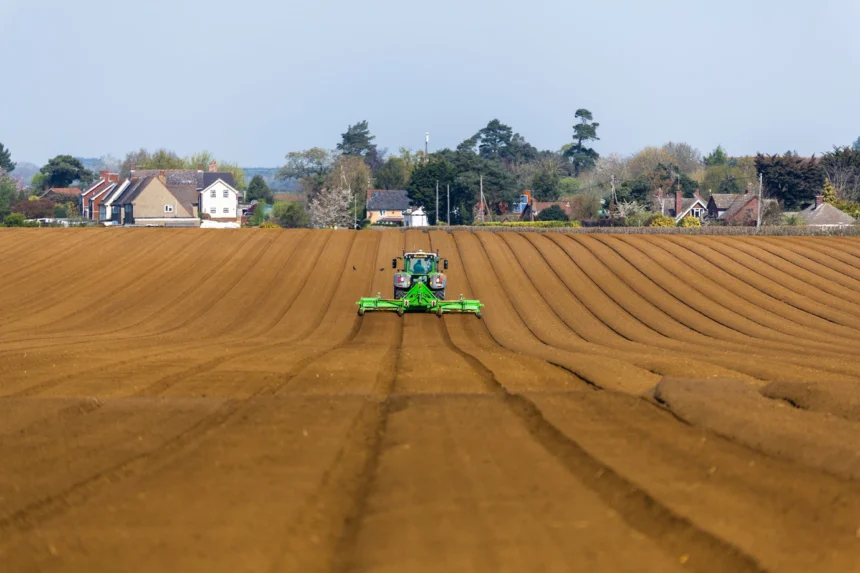LandCare plays a crucial role in sustainable farming and land management by promoting practices that aim to protect and enhance the health of agricultural land while minimizing negative environmental impacts. Here are some key aspects of LandCare’s role in sustainable farming and land management:
- Soil Conservation: LandCare focuses on soil conservation, which is essential for sustainable farming. It promotes practices such as conservation tillage, cover cropping, and crop rotation to minimize soil erosion, improve soil fertility, and reduce the need for synthetic fertilizers and pesticides. By preserving and improving soil health, LandCare helps ensure the long-term productivity and sustainability of agricultural land.
- Water Management: LandCare emphasizes responsible water management practices to conserve water resources and prevent water pollution. It promotes techniques like precision irrigation, water-efficient farming systems, and the use of water-saving technologies. By reducing water wastage and minimizing runoff, LandCare helps protect water quality, preserve aquatic ecosystems, and maintain water availability for future generations.
- Biodiversity Conservation: LandCare recognizes the importance of biodiversity in sustainable farming and land management. It promotes the establishment of wildlife corridors, the preservation of native vegetation, and the adoption of agroforestry practices. By creating habitats for beneficial insects, birds, and other wildlife, LandCare helps maintain biodiversity, support natural pest control, and enhance overall ecosystem resilience.
- Nutrient Management: LandCare advocates for responsible nutrient management practices to minimize nutrient runoff and water pollution. It encourages the use of organic fertilizers, proper timing and placement of nutrients, and precision application technologies. By optimizing nutrient use efficiency, LandCare helps reduce the environmental impact of agriculture and protects water quality.
- Integrated Pest Management (IPM): LandCare promotes the adoption of IPM practices, which aim to minimize pesticide use while effectively managing pests and diseases. It encourages the use of biological controls, crop rotation, habitat manipulation, and monitoring systems to identify and respond to pest issues. By promoting sustainable pest management strategies, LandCare helps protect beneficial insects, reduce pesticide residues, and minimize environmental harm.
- Knowledge Transfer and Education: LandCare plays a critical role in knowledge transfer and education by providing farmers with information, training, and resources on sustainable farming practices. It facilitates farmer-to-farmer knowledge exchange, organizes workshops, and offers technical assistance. By empowering farmers with the necessary skills and knowledge, LandCare helps foster a culture of sustainable farming and land management.
Overall, LandCare acts as a catalyst for change in the agricultural sector, encouraging farmers to adopt sustainable practices that balance economic viability with environmental stewardship. Through its initiatives, LandCare helps preserve natural resources, protect ecosystems, and ensure the long-term sustainability of farming and land management systems.
Join 'Farmers Mag' WhatsApp Channel
Get the latest Farming news and tips delivered straight to your WhatsApp
CLICK HERE TO JOIN






